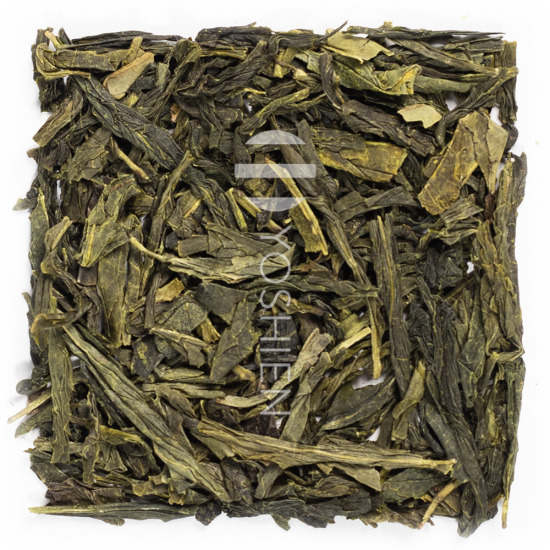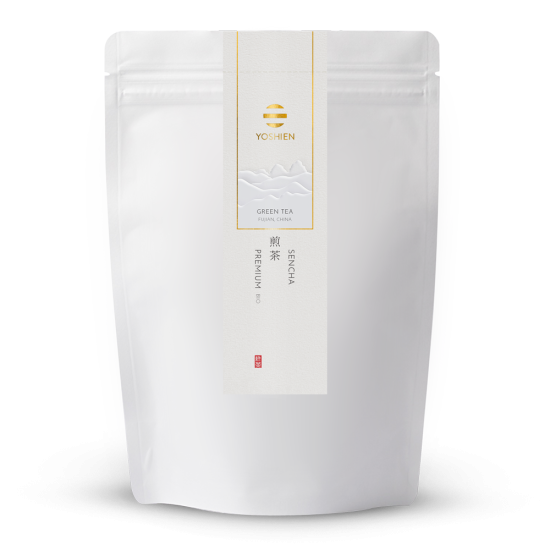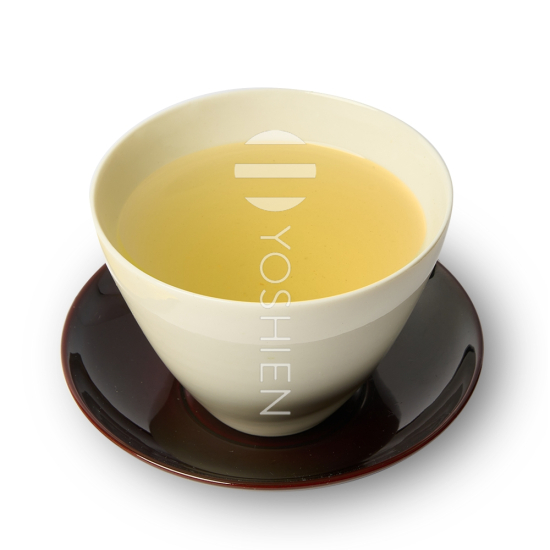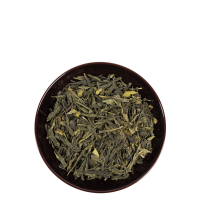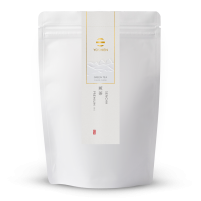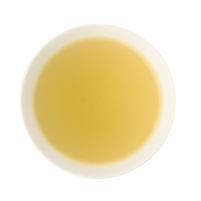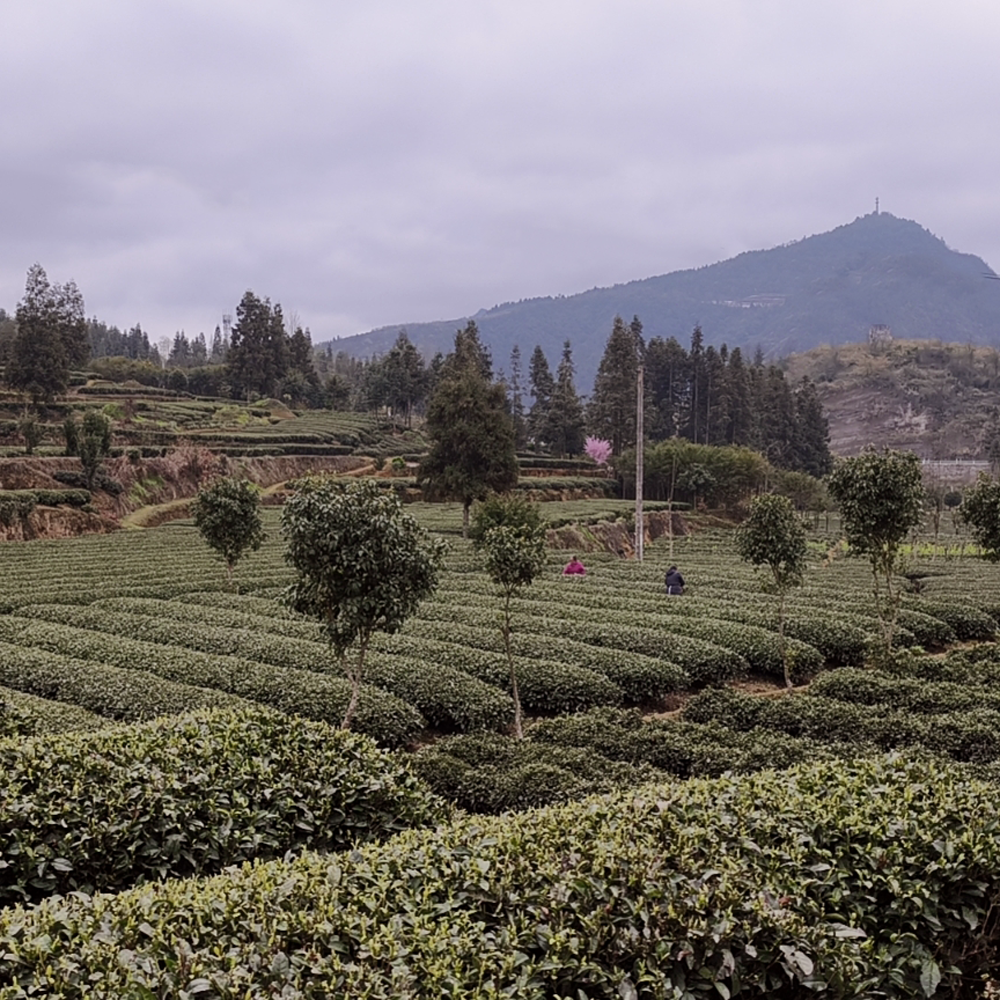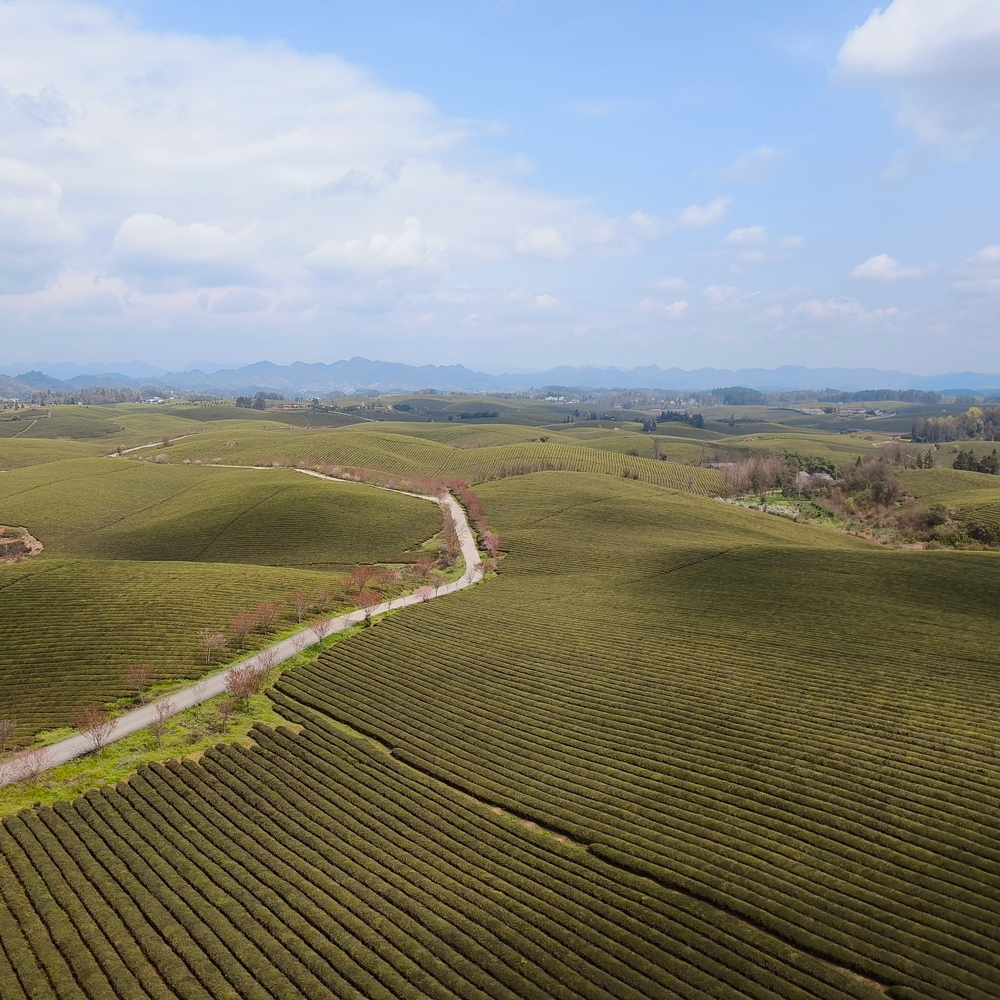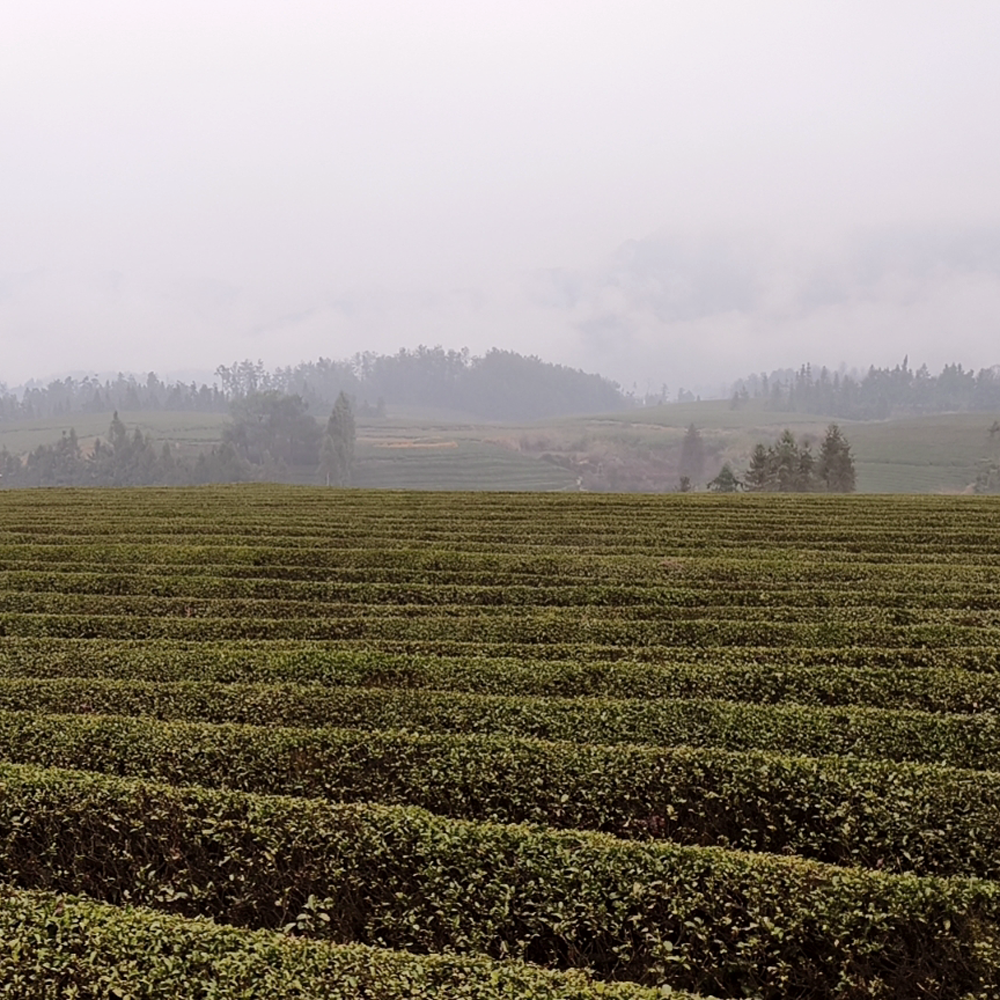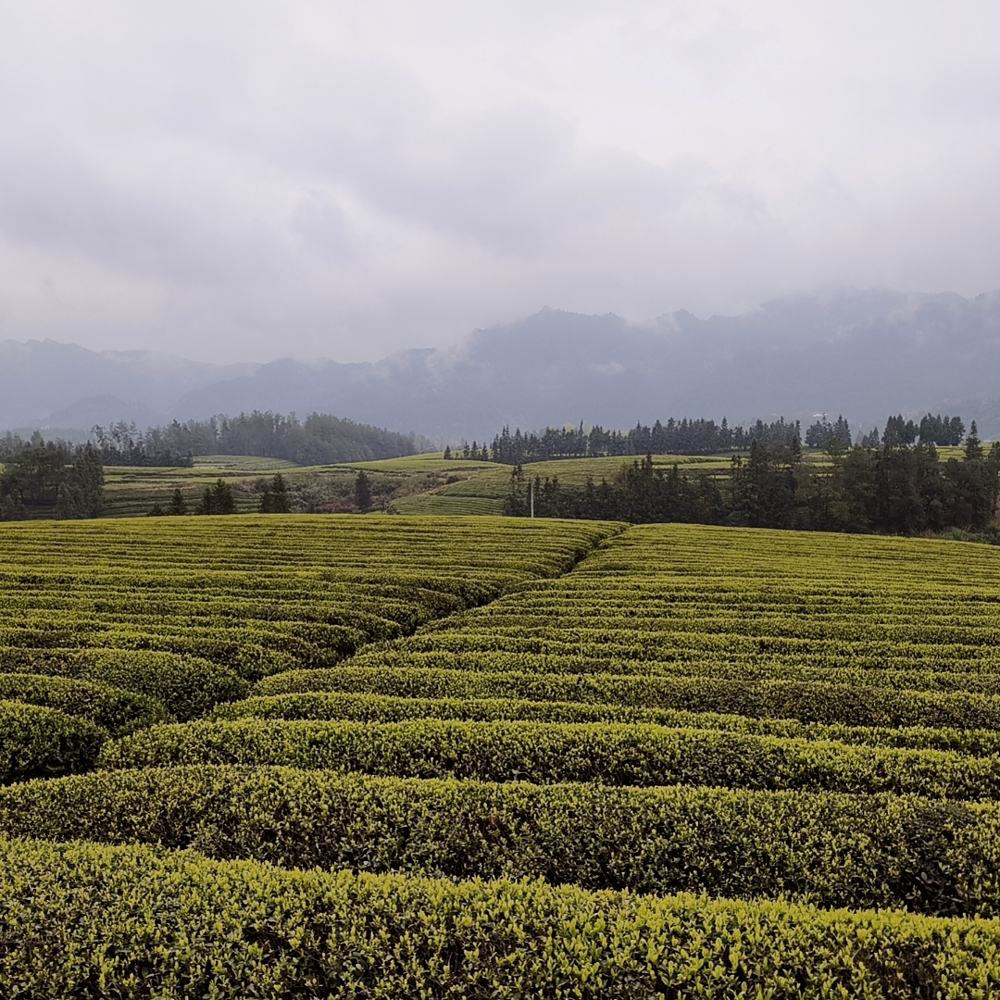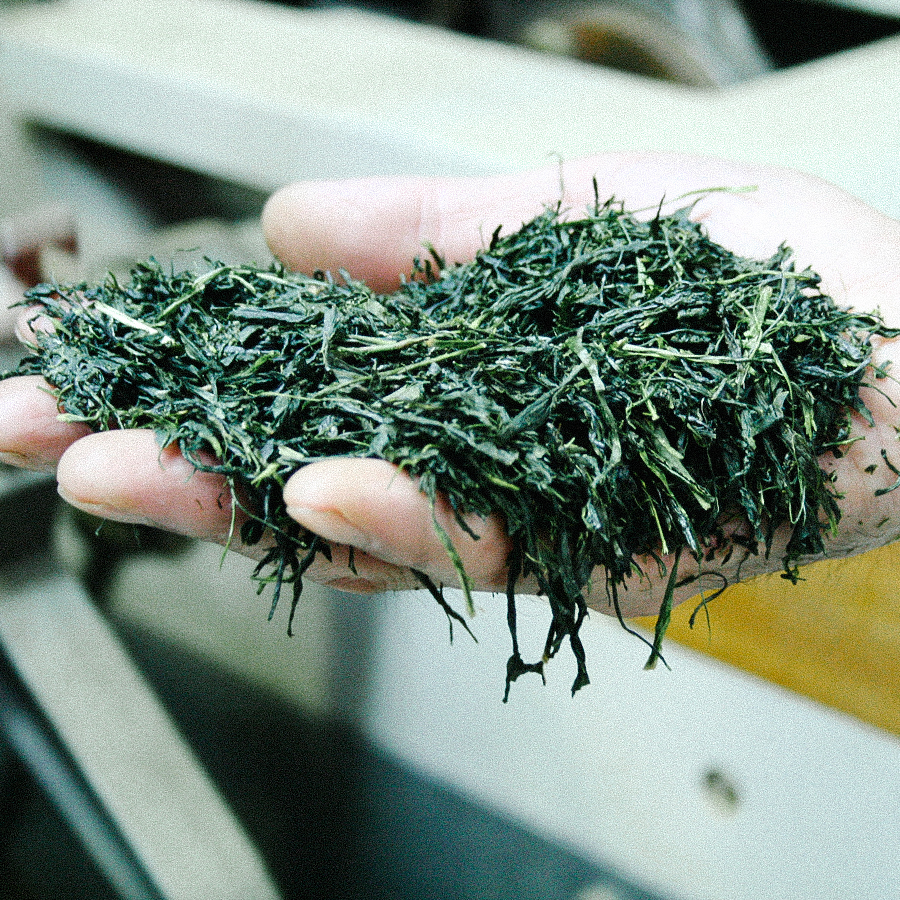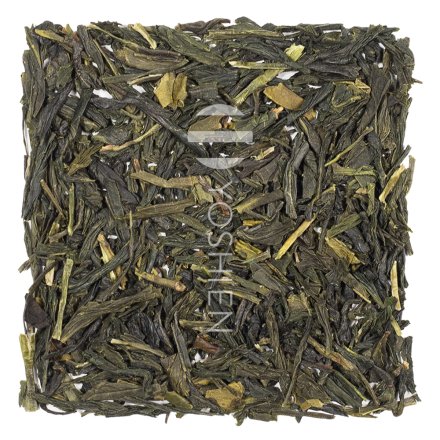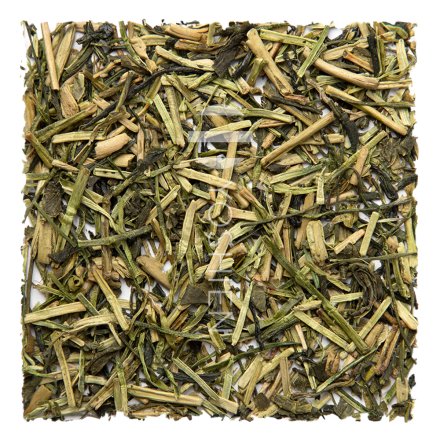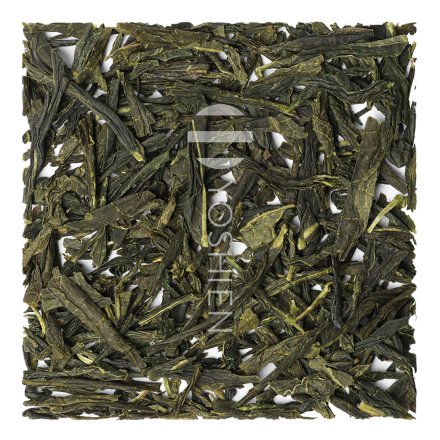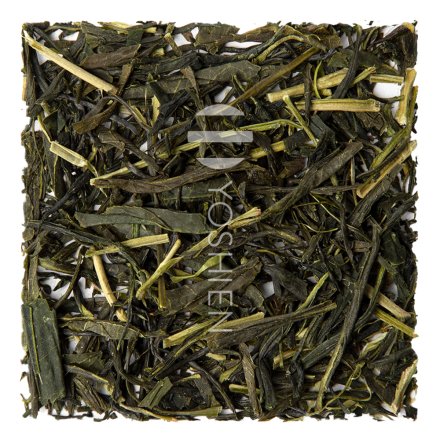Special features in location, cultivation and processing
What makes this Sencha truly special is its Chinese origin from Fujian and the use of the Cai Cha cultivar, a popular and highly regarded variety in China for producing premium green teas.
The production process of this tea closely follows the traditional methods used in Japan, the "true homeland" of Sencha. However, there is one key difference: the harvesting method. While Japan predominantly relies on machinery, the leaves for this Sencha are carefully hand-selected and hand-picked, as has long been customary in China. After harvesting, the leaves are processed as quickly as possible. They are steamed for a relatively short time – just 40 seconds – in line with the Japanese Asamushi style. They are then dried, agitated and rolled in several stages in order to achieve their characteristic shape. Compared to Japanese Sencha, the needles of this tea are noticeably sturdier and fleshier, which can be attributed to the Cai Cha cultivar as well as the slightly later harvest typical of Chinese practices. This contributes to its relatively mild, well-balanced character.
Single Origin
This tea is exclusively sourced from the above mentioned tea farm in Fujian. Sourced directly from the tea farmer.
Organic Certification




